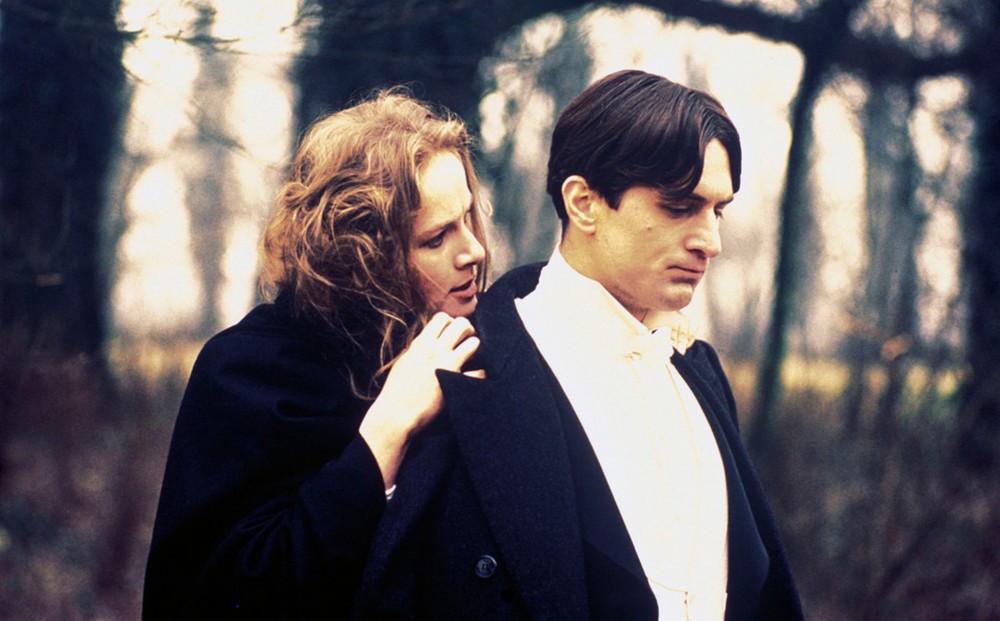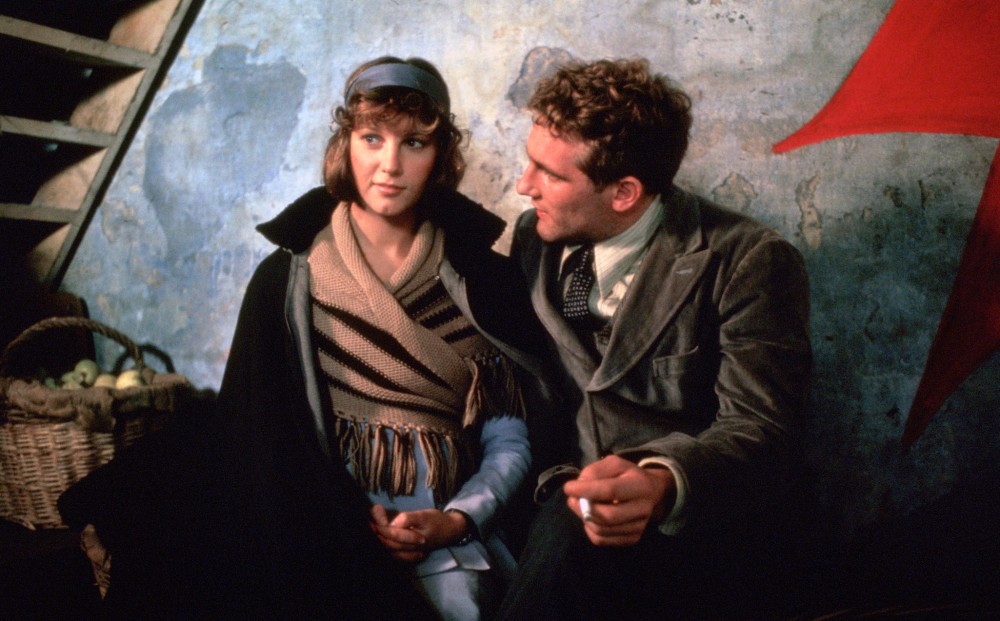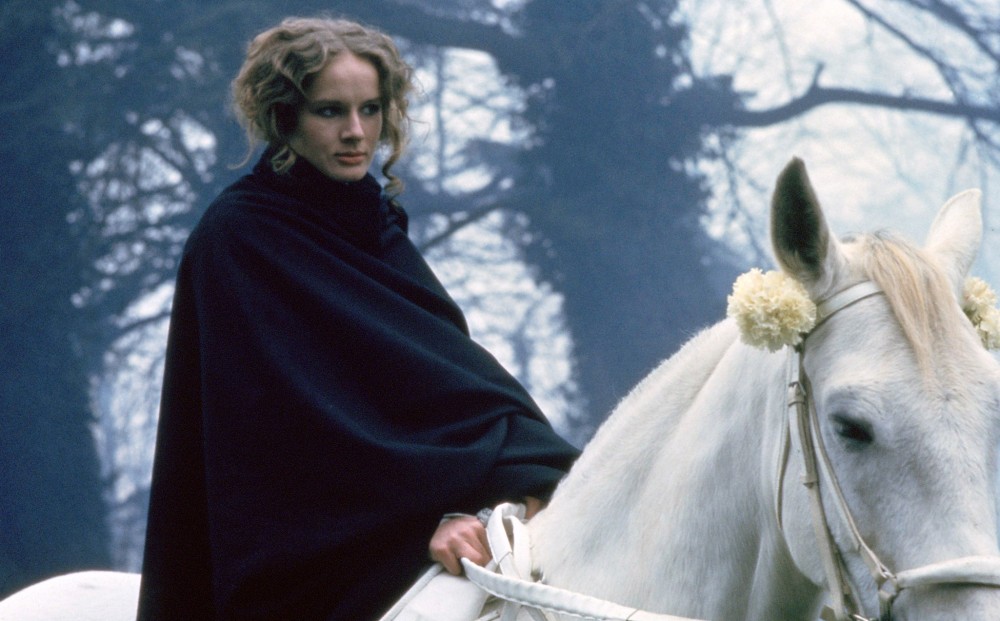Bernardo Bertolucci’s
1900
(Two Parts, Separate Admissions)
Through Thursday, February 28
THE COMPLETE 5½ HOUR VERSION
Starring Robert De Niro, Gérard Depardieu, Dominique Sanda, and Stefania Sandrelli
Part 1 (approx. 162 min.)
THU 3:45
Part 2 (approx. 154 min)
THU 12:45 7:00
(1976) January 27, 1901. Verdi dies, and local landowner Burt Lancaster and chief foreman Sterling Hayden both have grandchildren, who grow up to be De Niro, exempted from WWI, and Depardieu, who enlists. Their ensuing rivalry over the next decades exemplifies the social, political, and even sexual changes in Italy. But then 1945 comes… Bertolucci’s first film after Last Tango caused great controversy over its sex scenes, its violence, its politics, and its length, but none over Vittorio Storaro’s rapturous photography, Bertolucci’s skill at set-pieces, and one of Ennio Morricone’s greatest scores, with a title sequence played against a zoom-out from “The Fourth Estate” painting’s monumental peasants. Originally released in the U.S. in a version cut by an hour and a half, this is Bertolucci’s complete, uncut version – shown in two separate parts, as he intended. DCP restoration.
“I became aware as I was making the film, and especially during its editing, that 1900 is constructed on the principle of contradictions: the contradiction between American dollars and the ideological and political discourse of the film, the contradiction between Olmo and Alfredo, between peasants and landowners, between Hollywood actors and the authentic peasants of Emilia, between fiction and documentary, between the most detailed preparation and the wildest improvisation, between an archaic peasant culture and a truly bourgeois culture.” – Bernardo Bertolucci
In Italian with English subtitles
A PARAMOUNT PICTURES RELEASE
Reviews
“A ONE-OF-A-KIND EPIC OF GREAT SWEEP, HUMANITY AND POWER.”
– Leonard Maltin
“A romantic moviegoer’s vision of the class struggle – a love poem for the movies as well as for the life of those who live communally on the land.”
– Pauline Kael
"Bertolucci’s multinational, yet distinctly Italian opus is, in many ways, the pinnacle of his idiosyncratic artistry, suffused with sociopolitical insight, artistic flourish, and an unambiguous authorial confidence. This 1976 release is the definition of ambitious filmmaking.”
– Jeremy Carr, MUBI




